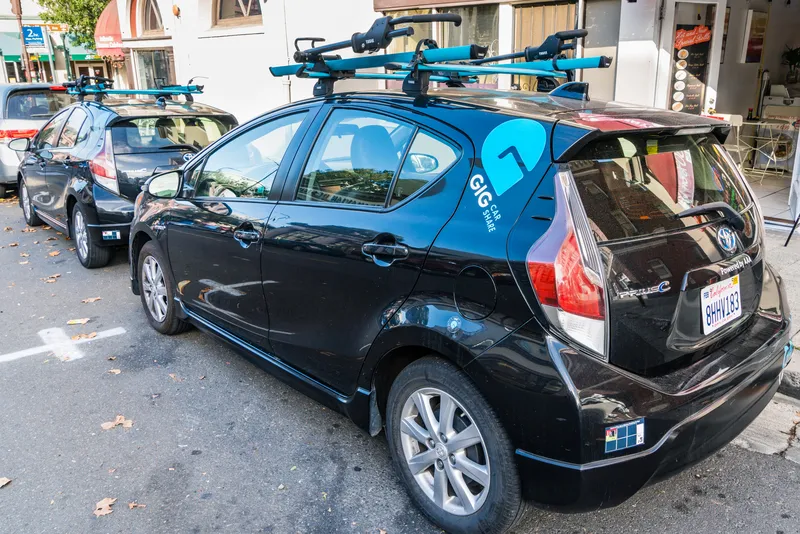
The US Department of Homeland Security (DHS) has added the for-hire transportation sector to its list of “essential critical infrastructure workers” amid the Covid-19 pandemic.
The Transportation Alliance said that the designation comes after it sent an urgent letter to Chad Wolf, acting secretary of the DHS, saying that “all private sector transportation companies are at your disposal”.
Thomas Arrighi, president of the alliance, wrote that “each vehicle represents an essential piece of equipment in our nation’s toolbox as we work together to end this deadly virus”.
The alliance said that this is the first time the private sector for-hire transportation industry has been explicitly named as critical infrastructure at the federal level.
The newly-added provisions cover employees supporting personal and commercial transportation services – including taxis, delivery services, vehicle rental services, bicycle maintenance and car-sharing services and transportation network providers.
Also included are bus drivers and workers who provide or support intercity, commuter and charter bus service in support of other essential services or functions.
The industry’s services in the US are especially vital during the Covid-19 crisis, said Arrighi. “We are grateful to Secretary Wolf and his team for this extremely important designation.”
Services includes non-emergency medical transportation for low-income people to medical equipment such as dialysis and chemotherapy.
The companies transport healthcare workers to hospitals during reduced public transit options and deliver meals for low-income students.







